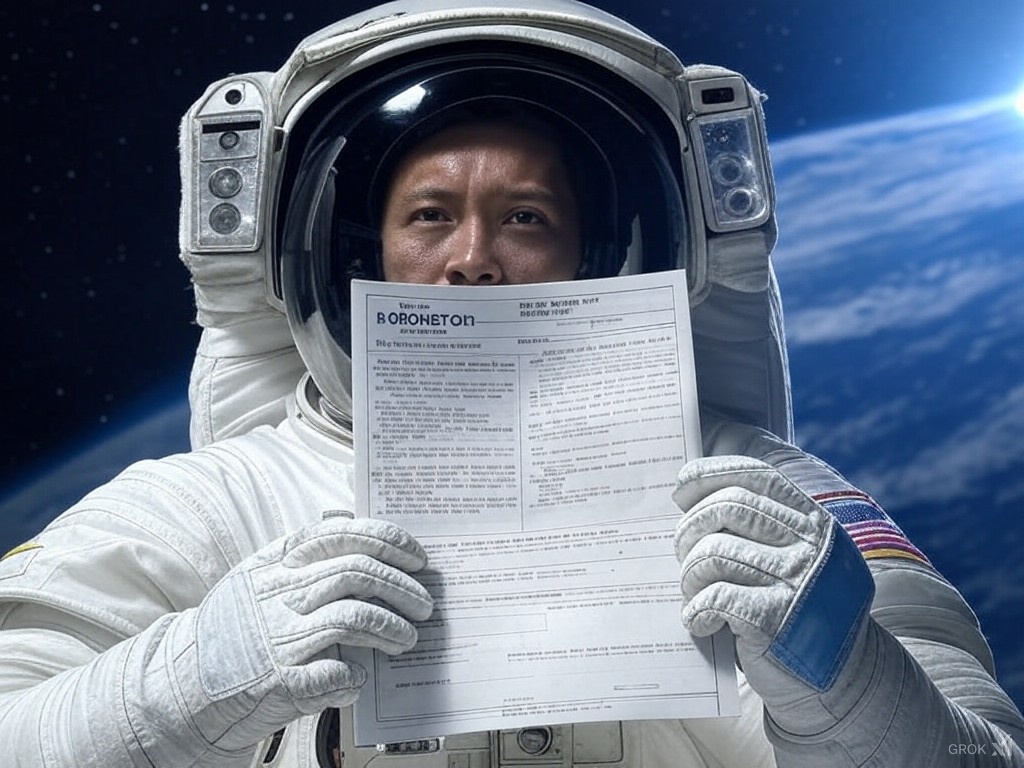Space laws, policies, and regulations encompass a variety of international treaties, national laws, and regulatory frameworks designed to govern the use and exploration of outer space. These legal instruments aim to ensure that space activities are conducted in a safe, sustainable, and peaceful manner.
- Space Industry
- -->
- Space Industry Segments
- -->
- Legal Frameworks Governing Space Activities
- -->
- Space Laws, and Space Policy & Regulation
Space Laws, and Space Policy & Regulation
Updated





